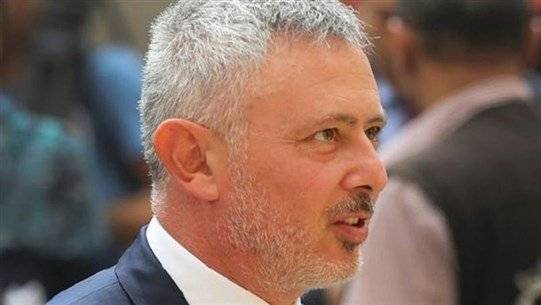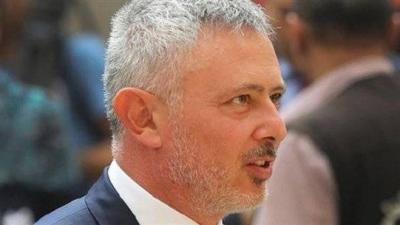There are those who believe that the Speaker of the House Nabih Berri will not delay even a minute in calling the parliament to fulfill its constitutional duty to elect a president for the republic to succeed President Michel Aoun. This means he is committed to the "literal" interpretation of Article 73, which defines the constitutional timeframe for electing the president, stating: "At least one month and not more than two months before the expiration of the president's term, the council shall convene by a call from its president to elect the new president. If the council is not summoned for this purpose, it shall automatically meet on the tenth day preceding the expiration of the president's term." This indicates that the first session for the presidential elections could be on August 31, less than three months from now.
This "commitment" to not delay the presidential clock is not only a result of the sensitivity characterizing the relationship between Ain al-Tineh and the Aounist team since the establishment of the current term, but also from the desire to complete the entitlement on time, especially given that the collapse has stripped the entire political class of the luxury of time. More importantly, there is the aspiration to bring in a president from the core of the March 8 forces.
On the morning of May 16, after the counting of most ballot boxes and electoral districts was concluded, the scene of the parliamentary majority appeared unclear, with its basic components distributed among multiple axes. This led to a decrease in the ability of the March 8 forces to repeat the experience of electing a president from this axis. However, on May 31, with the election of the Speaker of the House and his deputy, the scene turned upside down, revealing that producing this majority was no longer an impossible feat. In fact, it became possible if the March 8 forces decided to exert effort to form it in favor of electing their own president.
In this context, informed sources regarding Hezbollah's position believe that it, along with its allies, has a direct interest in ensuring the presidential elections take place on time, without being held hostage to political disputes, particularly among its allies. They aim to convince independent deputies to secure this majority, especially on the Sunni side. Therefore, the focus will be on avoiding a repeat of the presidential vacuum scenario, according to those familiar with Hezbollah’s stance, especially if external pressure, specifically from Saudi Arabia and the United States, does not increase to prevent the execution of this scenario and thus work to disrupt the project of electing a Maronite president from the March 8 forces in favor of choosing an intermediary figure, which is a scenario Hezbollah and its allies prefer to avoid.
Accordingly, they assert that the first condition for this possibility is reaching an understanding between the head of the Free Patriotic Movement, Gebran Bassil, and the head of the Marada Movement, Sleiman Franjieh, as he is the most prominent potential candidate. This understanding has its agenda, which might begin with Bassil being promised to be the candidate for the next election cycle in 2028 and end with a package of guarantees to prevent him from being targeted by the new presidency. Hence, those concerned believe that the likelihood of an agreement between them is not impossible and rather feasible.
Thus, the local factors, for these individuals, are available, while external factors remain. So far, none of the concerned countries, specifically Saudi Arabia and the United States, has made its position clear on this matter. However, if we assume that the governmental entitlement may serve as a model for how the Kingdom will deal with the presidential entitlement, it leads us to conclude that it will not be detached from the presidential elections. It may not accept providing the top position on a silver platter to the March 8 forces by allowing them to elect a president from their midst, even if its relationship with Franjieh is less problematic than its relationship with President Michel Aoun. In fact, it may seek to secure a pressing lobby that would strip the majority from the March 8 forces.
However, there are other indicators among this group that lead them to believe that the presidential entitlement will occur on schedule without delay, implying that its path will not be obstructed. This is related to France’s vision and role in Lebanon. It appears, according to insiders privy to some of the discussions among French diplomats with Lebanese officials, that the French administration is postponing its initiative towards Lebanon until after the upcoming midterm US elections, meaning after next autumn. This is an attempt by Paris to revive its engagement in Lebanon based on formulating a political-economic-financial agreement that would halt the ongoing bleeding and revive the economic situation, but in coordination with Saudi Arabia and the US administration.
This leads some political forces to believe that the postponement of the French return to Lebanon for additional months is an additional indicator that the presidential entitlement will indeed happen on time without delay.




